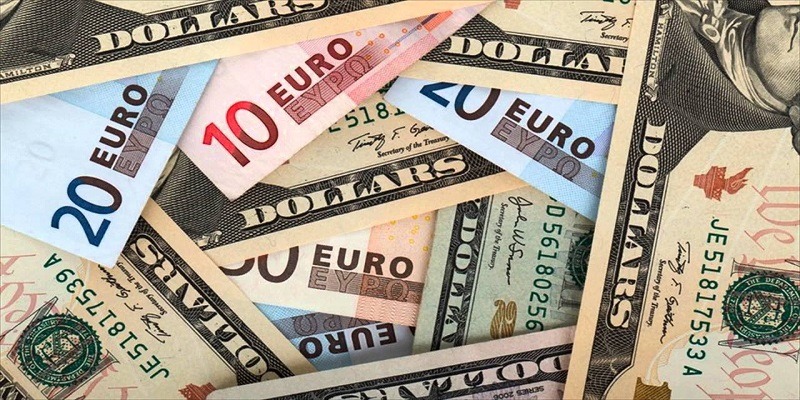
Eurodollars are money that is issued by the United States but is deposited in a bank outside of the States. These banks can be located anywhere, including in foreign branches.
The eurodollar market is used to finance international transactions, and eurodollar futures are used mainly for trading. If you want to know about eurodollars, continue reading this post below!
Eurodollars vs. Eurocurrency
Eurodollars refers to the U.S. dollars that are deposited in foreign banks. However, it is also eurocurrency because the money is issued by one government and deposited into another account in a different country. Eurodollars is only used when dollars from the U.S. is deposited in another country.
Eurodollars can get mixed up with euros or eurocurrency because of how similar their names are. The euro is the currency used by the European Union. Euros can’t be considered eurodollars but they are a form of eurocurrency if it is deposited in a bank outside the EU.
History of Eurodollars
The eurodollar market came about after World War II as European countries attempted to recover from the war’s destruction. The United States implementated the Marshall Plan to help with sending money overseas. With the U.S. dollars infecting other countries with less regulated financial markets, banks could use the U.S. dollar as a financing resource.
This lead to an interest rate pricing system, and the result was the London Interbank Offered Rate (LIBOR) which developed in the 1970s. In 2014, the Alternative Rates Reference Committee was made an alternative.
How Do Eurodollars Work?
Eurodollars work like any other deposit made in the local currency. What makes it different is where it is deposited. Deposits in banks outside the U.S. are not subject to the Federal Reserve Bank’s guidelines and do not need to meet the requirements for Federal Deposit Insurance Corp. insurance, meaning that they have higher returns than American accounts.
What Is the Eurodollar Market?
Eurodollars help banks, trading firms and other financial entities that buy and sell exchange-traded securities to lock in current interest rates for money in the future. Most trades occur on the Chicago Mercantile Exchange (CME), the world’s largest futures exchange.
The value of eurodollar futures fluctuate to changes in interest rates and international political events. Trade wars and tariffs that affect the movement of imports and exports around the world affect business. Eurodollars are important in the world’s economy, especially in the international capital market.
 |
 |
Bottom Line
If you’re interested on what Eurodollars are, you can bookmark this page to read and learn more about the history, market, and uses.
Not what you were looking for? You can check out our bank guide master list to help you with your banking questions or browse through our archives.




Leave a Reply